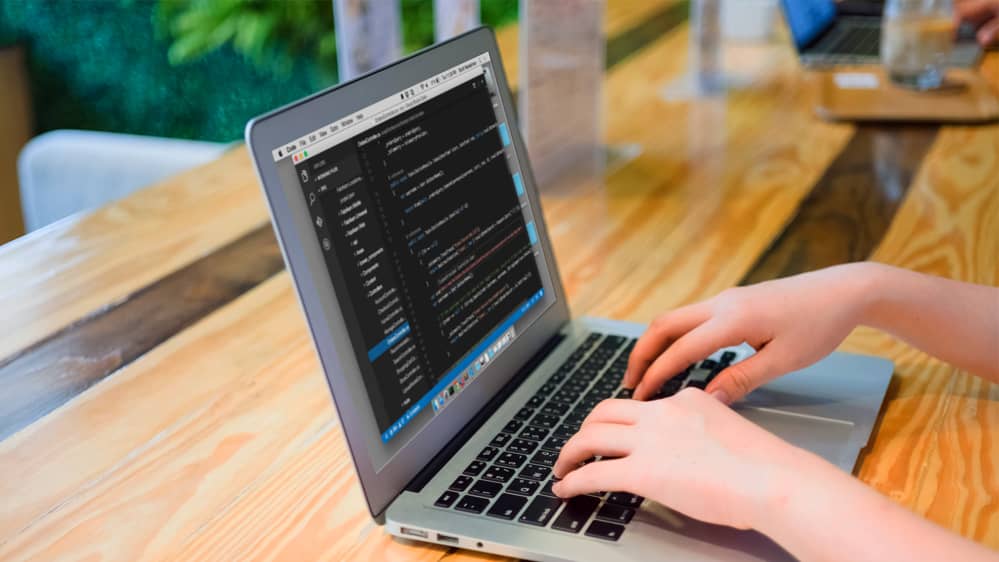C++ For Absolute Beginners : The Starter Guide
Touted as the world's most popular and versatile general programming language, C++ has won many developer hearts across the world. Designed as a way to deal with the shortcomings of C programming lang...
- All levels
- English

Course Description
Touted as the world's most popular and versatile general programming language, C++ has won many developer hearts across the world. Designed as a way to deal with the shortcomings of C programming language, C++ has grown quickly to become the standard language for software infrastructure and resource-constrained applications, such as desktop applications, servers, apps and games. This imperative...
Touted as the world's most popular and versatile general programming language, C++ has won many developer hearts across the world. Designed as a way to deal with the shortcomings of C programming language, C++ has grown quickly to become the standard language for software infrastructure and resource-constrained applications, such as desktop applications, servers, apps and games.
This imperative and object-oriented language has become a popular language and is also considered by some as the ‘must-know’ language by developers everywhere. If you want to step up and enter the league of serious developers, then learning C++ is crucial.
See more See lessWhat you’ll learn
- Overview of C++, history and why you should use it
- How to set up the IDE and basic fundamentals such as variables, constants, conditionals, arrays, loops, structs, etc.
- Classes and Functions – including adding properties to classes, constructors and methods. It will also include pointers and class inheritance
- Function templates and class templates
- Vectors, how to manipulate data inside of a vector, create vector functions and even search in a vector
- Exception Handling, different syntax of setting up exceptions, generic exceptions, nested or changed exceptions
Curriculum
Frequently Asked Questions
This course includes
- Lectures 40
- Duration 3.9 Hour
- Language English
- Certificate No





